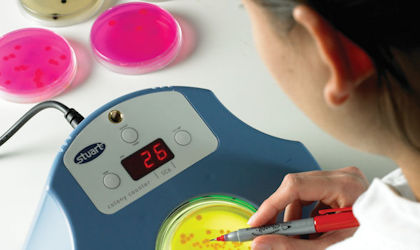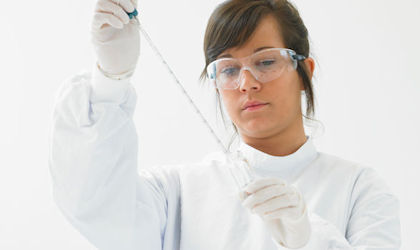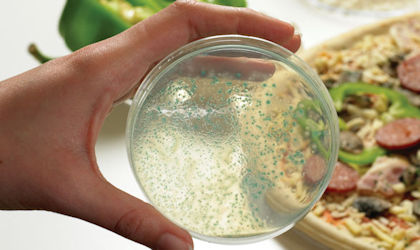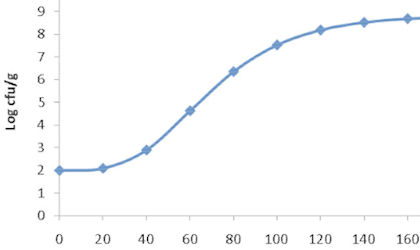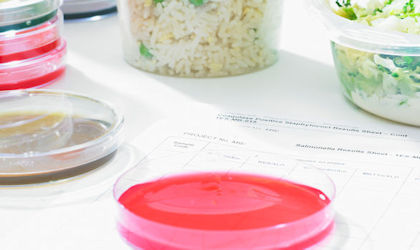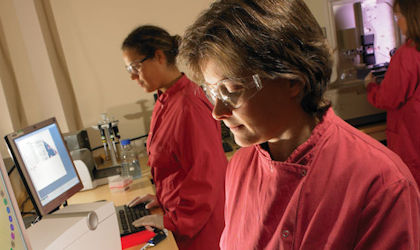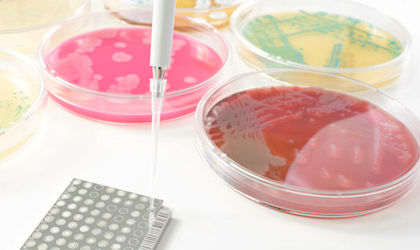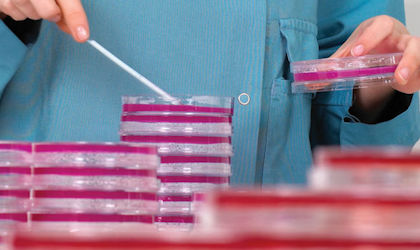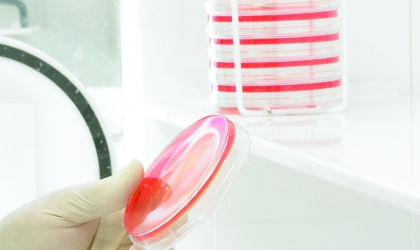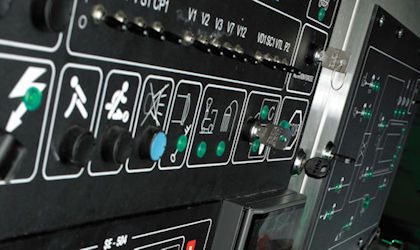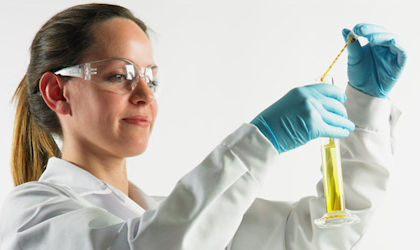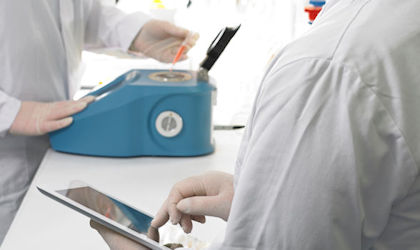Microbiological challenge testing
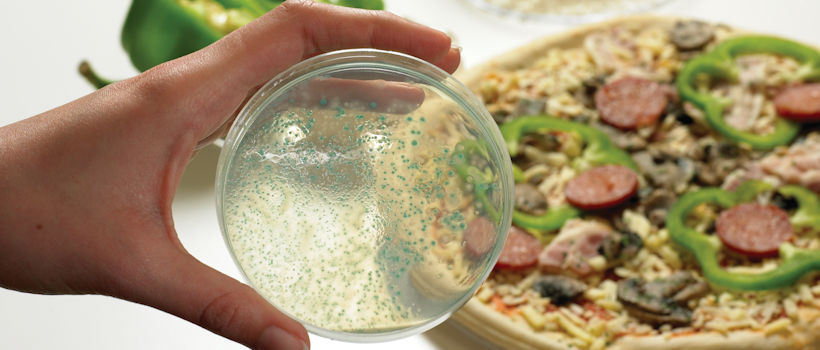
To discuss your needs
Just because an organism is in a product, it does not mean that it poses a problem or will compromise product shelf–life. Most pathogens and spoilage organisms will need to survive and grow in order to reach levels at which the food is compromised.
Challenge testing is a practical study to determine the behaviour of relevant organisms if they should be present in a product. It involves deliberate inoculation of the product with relevant organisms. The product is then stored and tested for these organisms during shelf life.
Campden BRI offers expert advice and guidance on challenge testing shelf life determination and can undertake challenge tests with a wide range of organisms including Escherichia coli O157 and Clostridium botulinum.
You may also be interested in
- Challenge testing | Video
- Determining the shelf–life of food products | Podcast
- Challenge testing | Blog
- Challenge testing protocols for assessing the safety and quality of food and drink | Publication
Key services
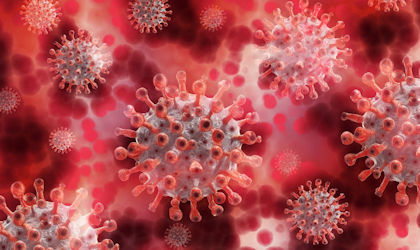
COVID-19 (SARS-CoV-2)
Environmental testing and prevention to help the food industry control SARS-CoV-2.
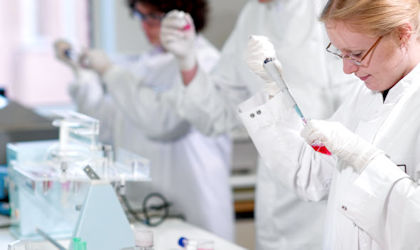
Microbiological analysis and testing
Covering pathogens, spoilage organisms, and indicator organisms
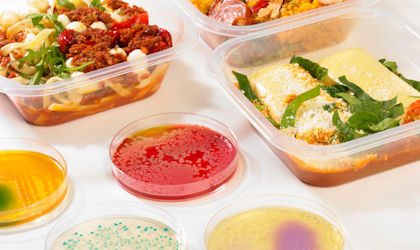
Microbiological shelf-life
Product safety, retaining sensory, microbiological and chemical characteristics.
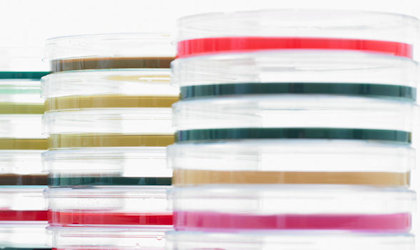
Microbiological methods evaluation
Evaluating microbiological methods, validation and interpretation.
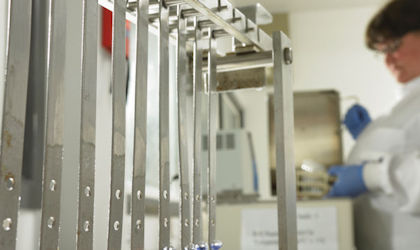
Heat resistance
Determine whether the process you are using will be sufficient to achieve your aims.
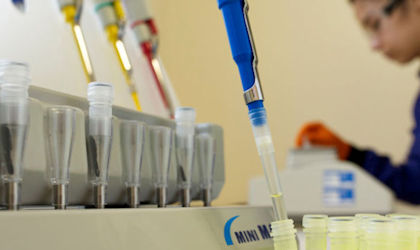
Detection and control of foodborne viruses
Foodborne viruses are a safety challenge for a range of foods.
Microbiology training courses
Explore our microbiology related courses including; Understanding microbiology for non microbiologists and Setting shelf life: how to do it better
Are you getting the most from your Membership?
Watch our membership FAQ videos and find out more about Member Service Account spending, Member Interest Groups, help and advice
Where we refer to UKAS Accreditation
The Campden BRI group companies listed below are accredited in accordance with the recognised International Standard ISO17025:2017 by the United Kingdom Accreditation Service (UKAS). The accreditation demonstrates technical competence for a defined scope of methods, specific to each site, as detailed in the schedules of accreditation bearing the testing laboratory number. The schedules may be revised from time to time and reissued by UKAS. The most recent issue of the schedules are available from the UKAS website www.ukas.com. Campden BRI (Chipping Campden) Limited is a UKAS accredited testing laboratory No. 1079


